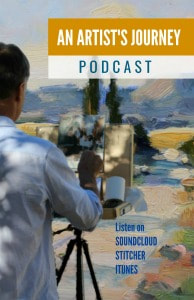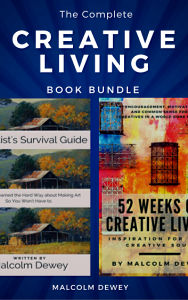
Paul Cezanne's studio (mouse-over the links for more)
The artist's refuge, domain, island of creativity, sacred space - whatever you want to call it. The space we claim to create something. Is a studio necessary to create art? These days space is at a premium. There are many other demands on space too especially in a family. Before you know it that spare room is being rented out for a recession-cash-injection. Let's calm down for a moment and consider why a studio space is important. Firstly claiming a space to create your art is a declaration of intent. You are telling others that you are serious about being an artist. Plus you are talking to your other "self"- the one that tries to sabotage your dreams. This is a challenge that must be met with bold action. Stake your claim! A studio can be a room, a corner in a room or the garden shed. It does not matter just so long as it is yours and nobody can pack it up behind your back. this is critical to your sense of self and your creative spirit. I recently posed this question on my Facebook page and one artist said his space was a table in the bathroom! Brilliant - the most peaceful room in the house and evidence of a committed artist. My first space was the bedroom corner. Imagine having paint splatters on the bedroom wall and the smell of paint in your bedroom. Yes my wife is a star! I could work at a moment's notice and that is what carried me through a few years of juggling regular work and a fledgling art career. If I had to pack and unpack materials every few days then I would have become irritated and procrastination would have been a problem. All that you need is an easel and a small side cupboard on wheels next to it. Everything else is nice but unnecessary in a cramped space. Think plein air kit but indoors. Focus on the art and you will achieve success. So my challenge to you, if you are holding off painting for want of space, is this - take the plunge and claim you space to paint. Anywhere, but make it a reality. A nice little project for the weekend? Send me a picture if you can. Need some inspiration? Have a look at these great studio ideas.
Oil paint has many advantages that you can exploit. One of those is its slow drying nature, but especially for beginners, this can also be a real nuisance too. One issue that crops up often is how easy the vibrant colours turn to mud when mixed. This can happen quickly and leads to much frustration. Sometimes the entire painting is abandoned.
However there is no need to despair. By following a few simple steps your muddy paint mixes will turn into beautiful colour notes. It simply requires some practice and changes to your painting process. I have prepared a slideshow to highlight these tips. For more detailed demonstrations please have a look at my new course How To Solve Painting Problems. 12 Easy Ways to Avoid Muddy Paint - Created with Haiku Deck, presentation software that inspires Have you eve wondered what a master artist thinks when the final touch to a work of sublime wonder is complete? What, for example, did Michaelangelo think when his sculpture of David was completed? Were his thoughts along the lines of "Gosh that is great!" Did he see a flaw and feel that he could have done better? While us mere mortals can only believe that the hand of God guided Michaelangelo's chisel in the end the sculpture is still lifeless marble. Michaelangelo probably would have felt that he still had more to say in his artist's journey. That is way it has to be. What are the stages to mastery? According to a theory, made famous in Malcolm Gladwell's Book Outliers, mastery takes about ten thousand hours of work. This amounts to years of dedication to the task. “Practice isn't the thing you do once you're good. It's the thing you do that makes you good.” Does the thought of ten thousand hours scare you or inspire you? That is the question and if you are honest with yourself the answer can be liberating. If you paint for a hobby or pastime then you need not worry about mastery. Let things happen as they will and enjoy the present moment. If your answer to the question: What is that you do? is "I am an artist." Then you may be following the road to mastery. It is your life's purpose. The nice thing to remember is that achieving mastery for this person is not a miserable task. It is what you choose to do because you love it. You design a new computer system in your garage and one day your computers cover the world (think Bill Gates). Perhaps one day you look around you and see the walls of your house covered with paintings and note that hundreds have been sold to people all over the world. It simply happens over time and it may seem effortless in hindsight. “Hard work is a prison sentence only if it does not have meaning. Once it does, it becomes the kind of thing that makes you grab your wife around the waist and dance a jig. (150)” What are the stages to mastery? These stages have been described as: Unconscious incompetence Conscious Incompetence Conscious Competence Unconscious Competence I like the painting above by Winslow Homer. It is so simple in composition yet it compels me to look at it. The painting can mean many things. A simple scene of farmer cutting wheat? A testimony to the end of war and a return to peace and plenty? A sense of unease with one one man facing a sea of work, but remaining poor in the process? A harbinger of trouble ahead? Whatever the meaning is to you it is the work of a master artist. That is why following the path to mastery is so important for everyone. The stages of competence cannot be avoided. Accept them and know that your persistence will be joyful and enriching. If you can face each day with anticipation and energy to get stuck in then you have found your purpose. When you have your purpose figured out then your journey is simpler. You are an inspiration to others and your work benefits others too. That is the way life is meant to be. Simple when you think about it isn't it? “My earliest memories of my father are of seeing him work at his desk and realizing that he was happy. I did not know it then, but that was one of the most precious gifts a father can give his child.” Has someone told you that you need to live a balanced life? Eat balanced meals and balance your finances? It seems balance is a big deal since we all are told to bring balance into our life. Yet what picture does this conjure up int your mind? I know that balance suggests 50/50. The scales of commerce seek to balance out to equal sums. Fail to balance your account and there is a problem. But this image is all wrong. To hit the sweet spot in life, as in art, we need to be forget about equal scales.
The fifty/fifty idea of balance is boring and potentially confusing. It is beige in colour and associated with sitting on the fence. It is in fact a dangerous notion. Think of financial well being. It is better to have more assets than liabilities. If you are out of balance in this way you are financially secure. If you are in the fifty/fifty zone then a slight financial commitment can send you toppling over in debt. In art there is the Golden Section. That natural ideal found in all things. This roughly translates to one third to two thirds as an ideal composition in painting or photography. Consider the painting above. You can see the sweet spot follows this idea. Our eye is led there by the large curving shape on the right. If Millet place a figure in the middle of the canvas we would feel the tension such a composition brings. If our daily lives are to have meaning and fulfillment then we need to reject balance and rather focus on one thing above all others. What is the one thing that is your passion? What is the one thing that will pull your life into the path of success? That is the area to focus energy and committed action. If it is art then devour as much as you can. Paint a lot. Study and paint more. That is the way to make real progress. Too much can also be harmful. Yes the Golden Section allows a generous one-third for other activities so there is a counter weight to your passion work. So long as you have the most effort going to that one critical area of your life. We have to be aware of where our energy is focussed. If you are not making real progress and you feel that you are drifting then you are probably not committed to that one thing. Figure this out and renew your energy for that single pursuit and you will see real results. |
AuthorMalcolm Dewey: Artist. Country: South Africa Archives
June 2024
Categories
All
FREE
|
|

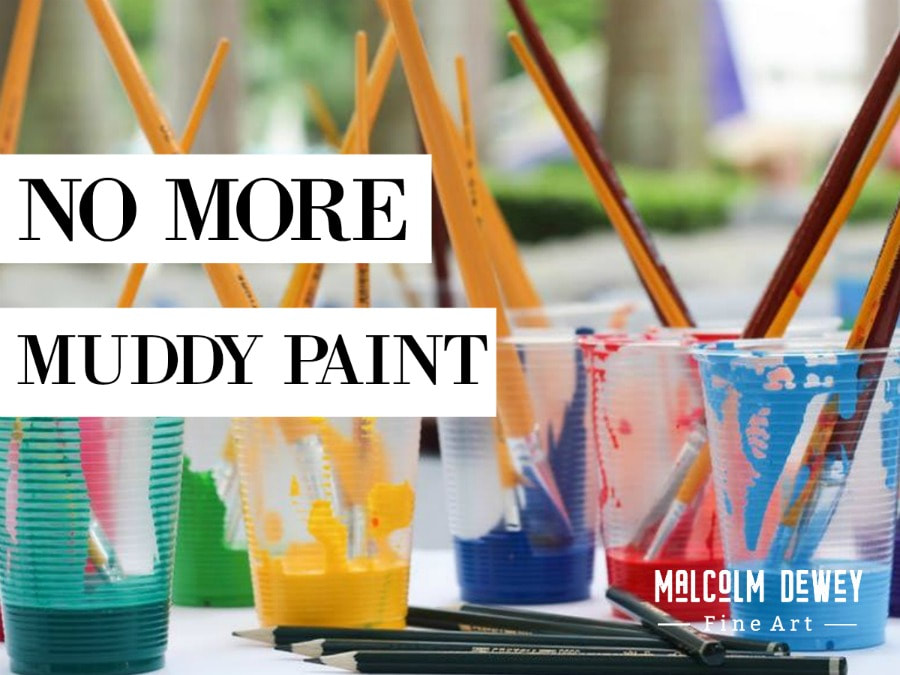
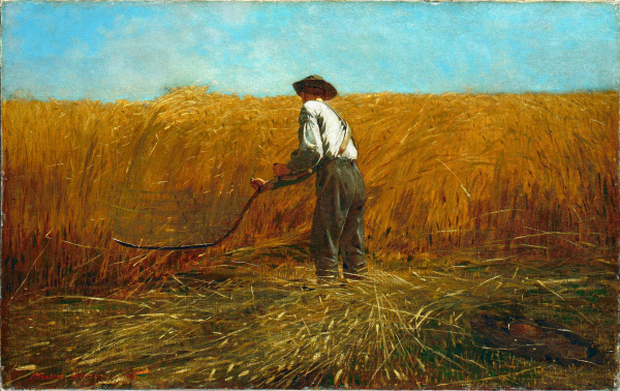
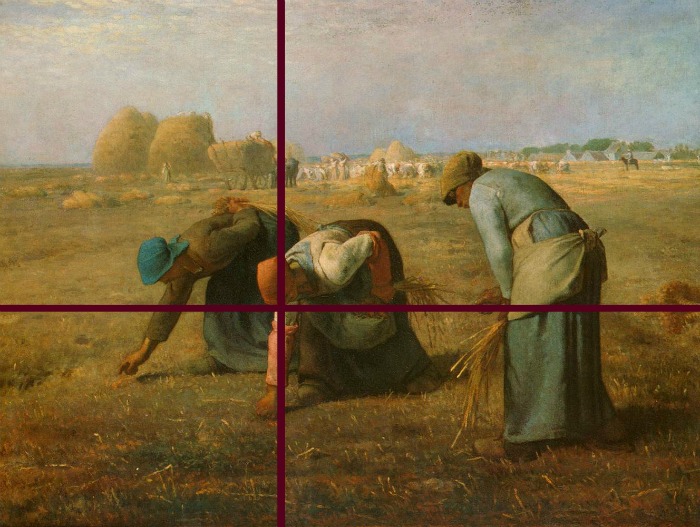
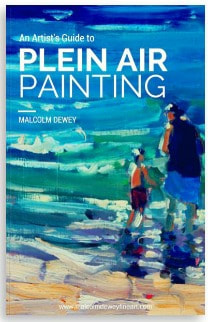

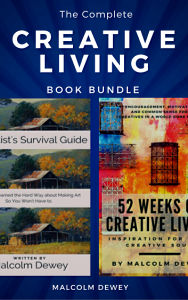
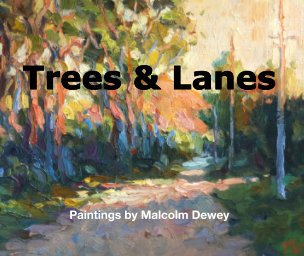





 RSS Feed
RSS Feed
